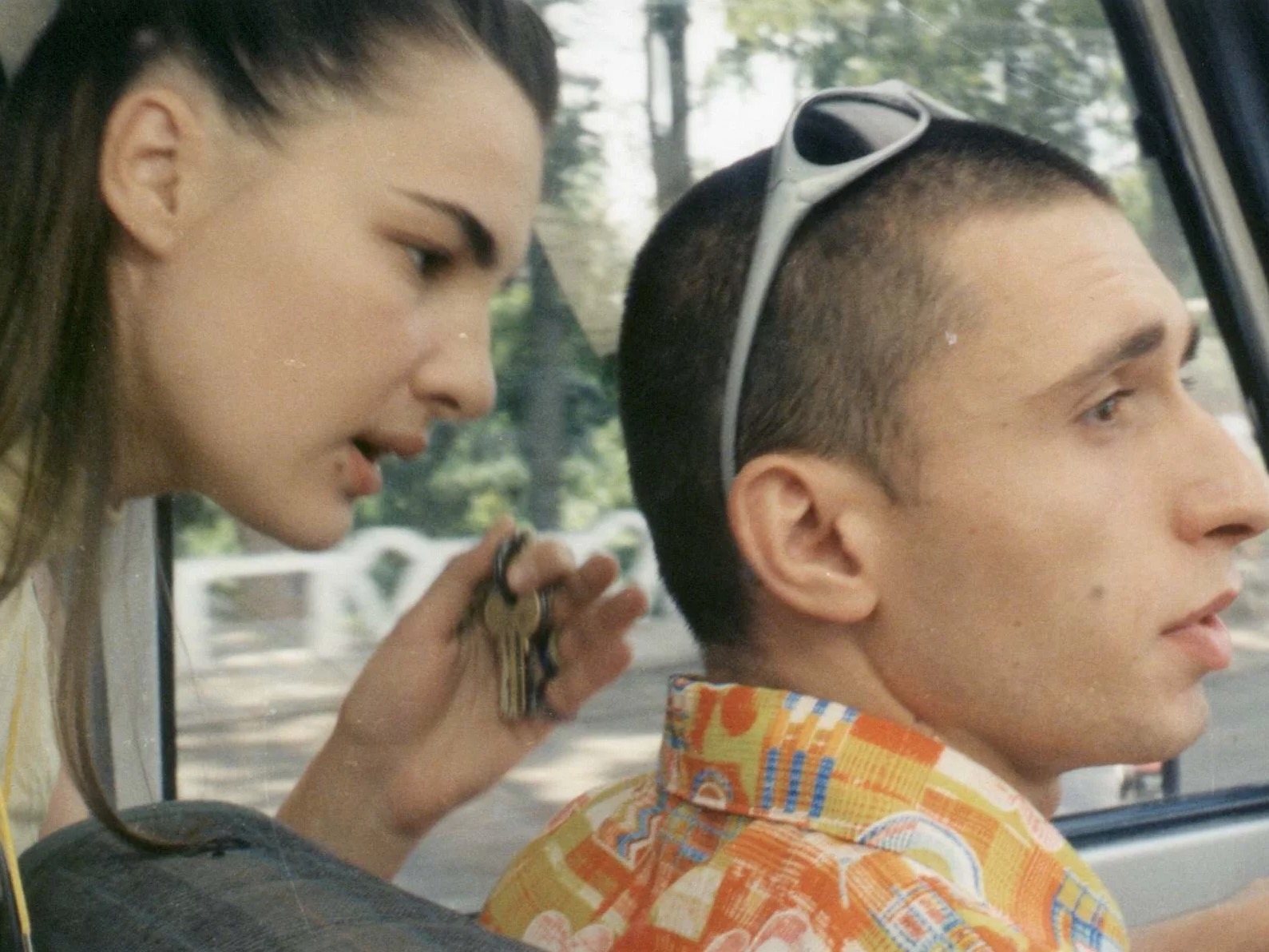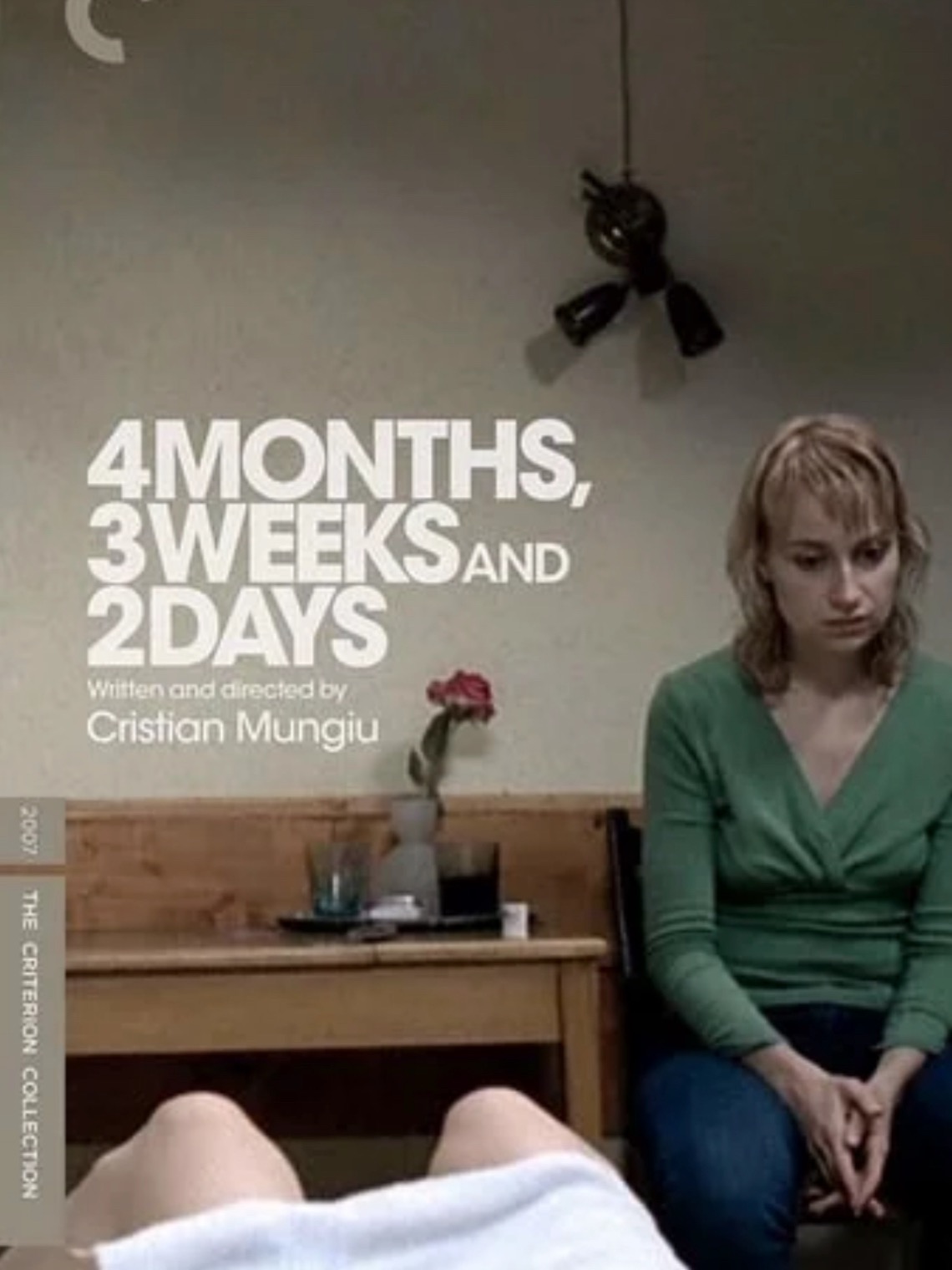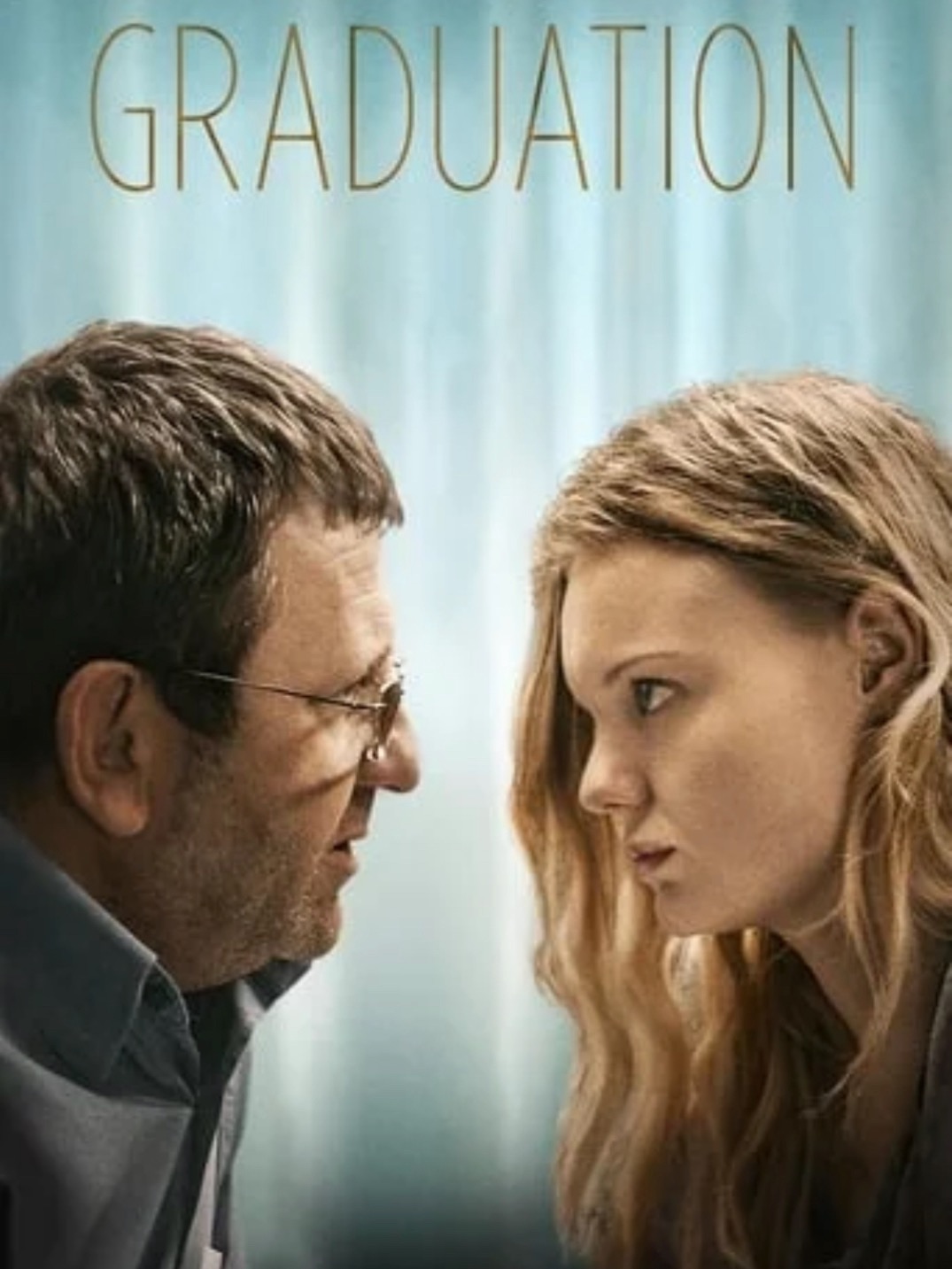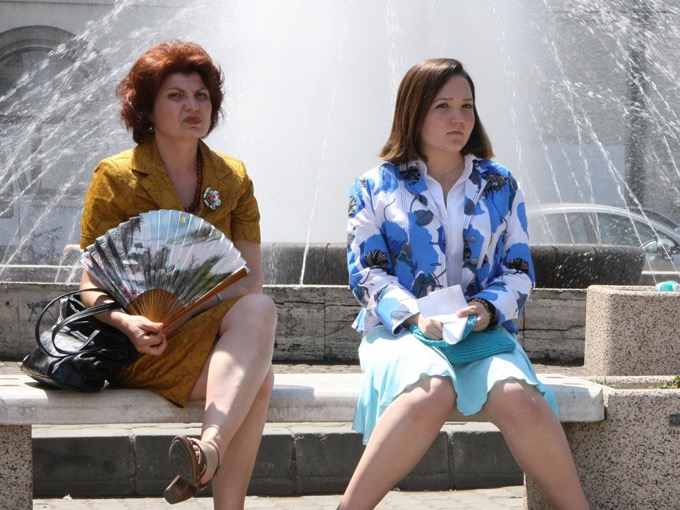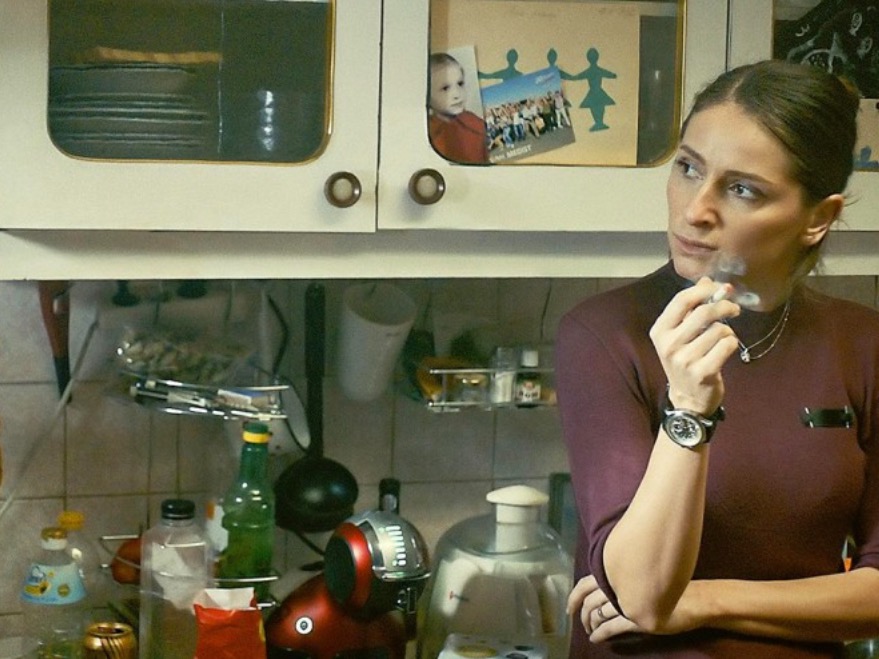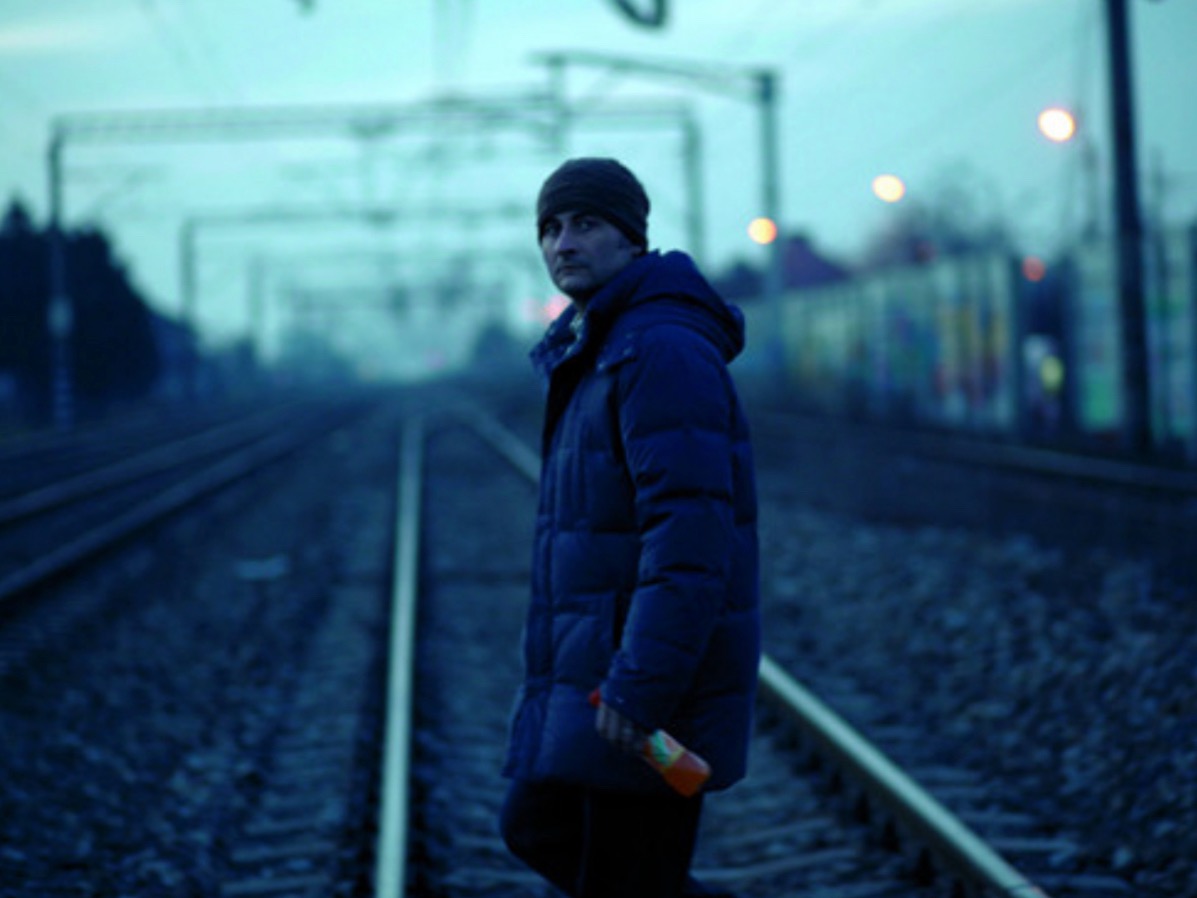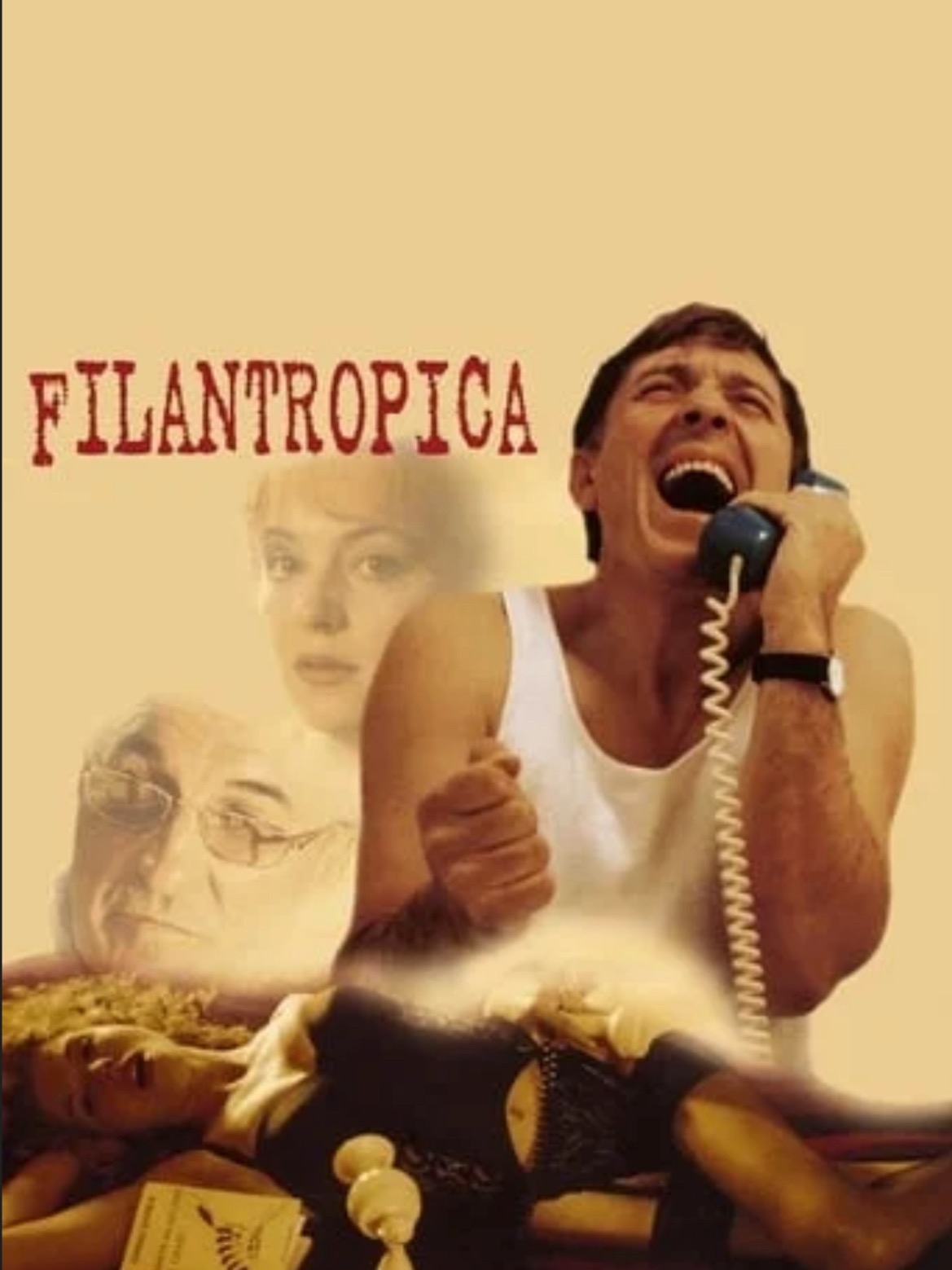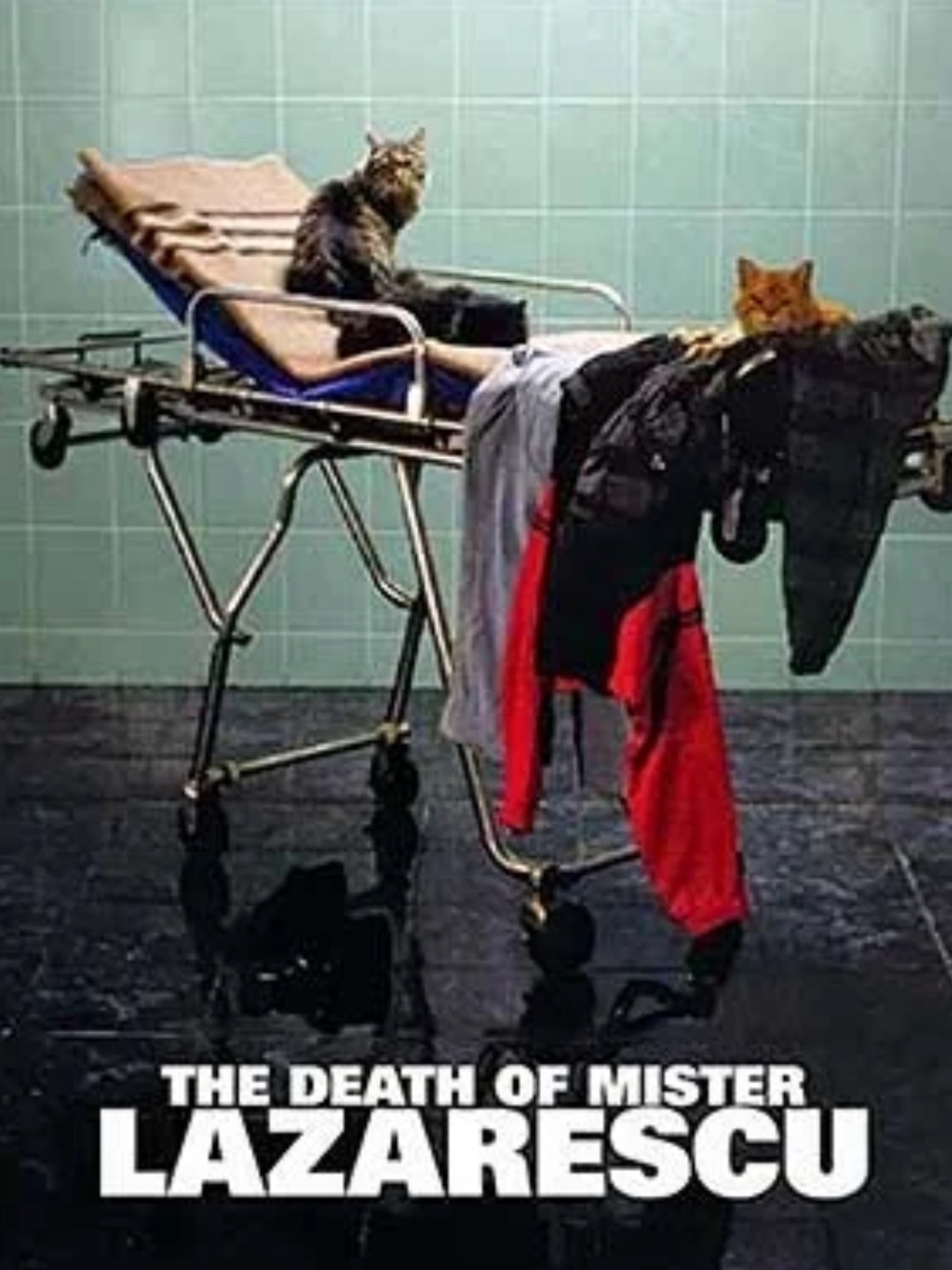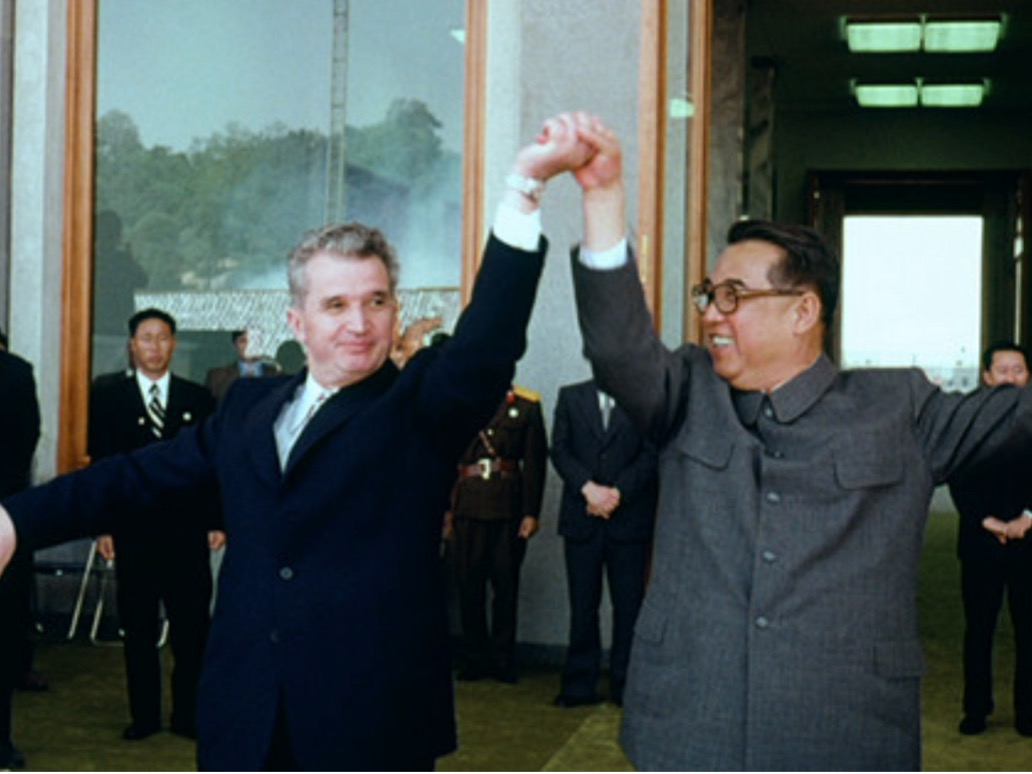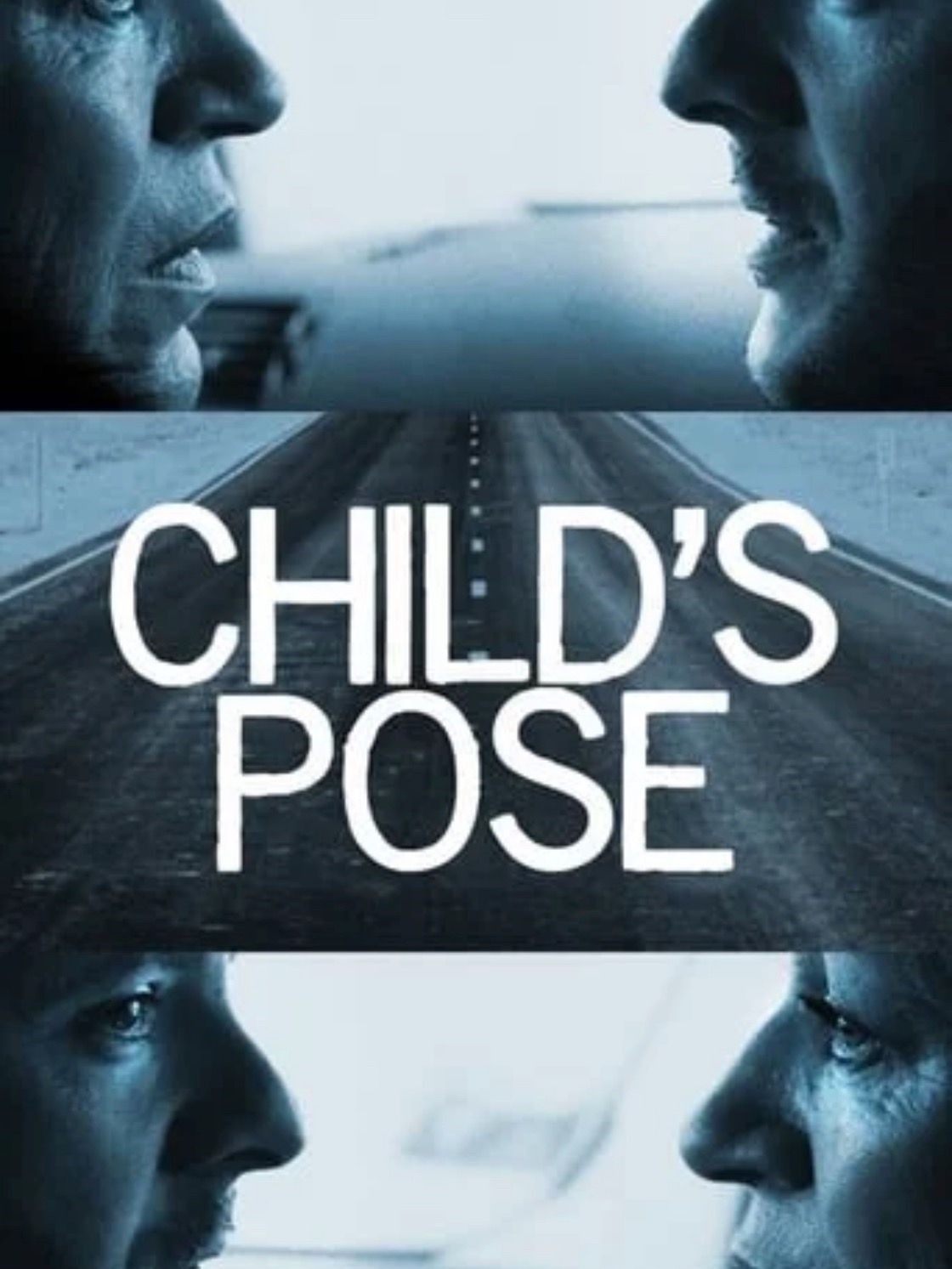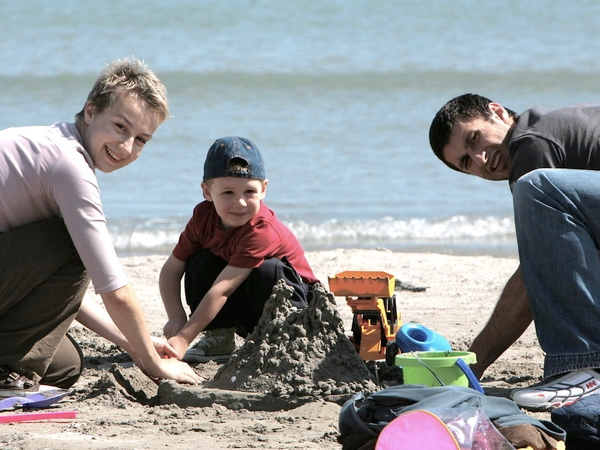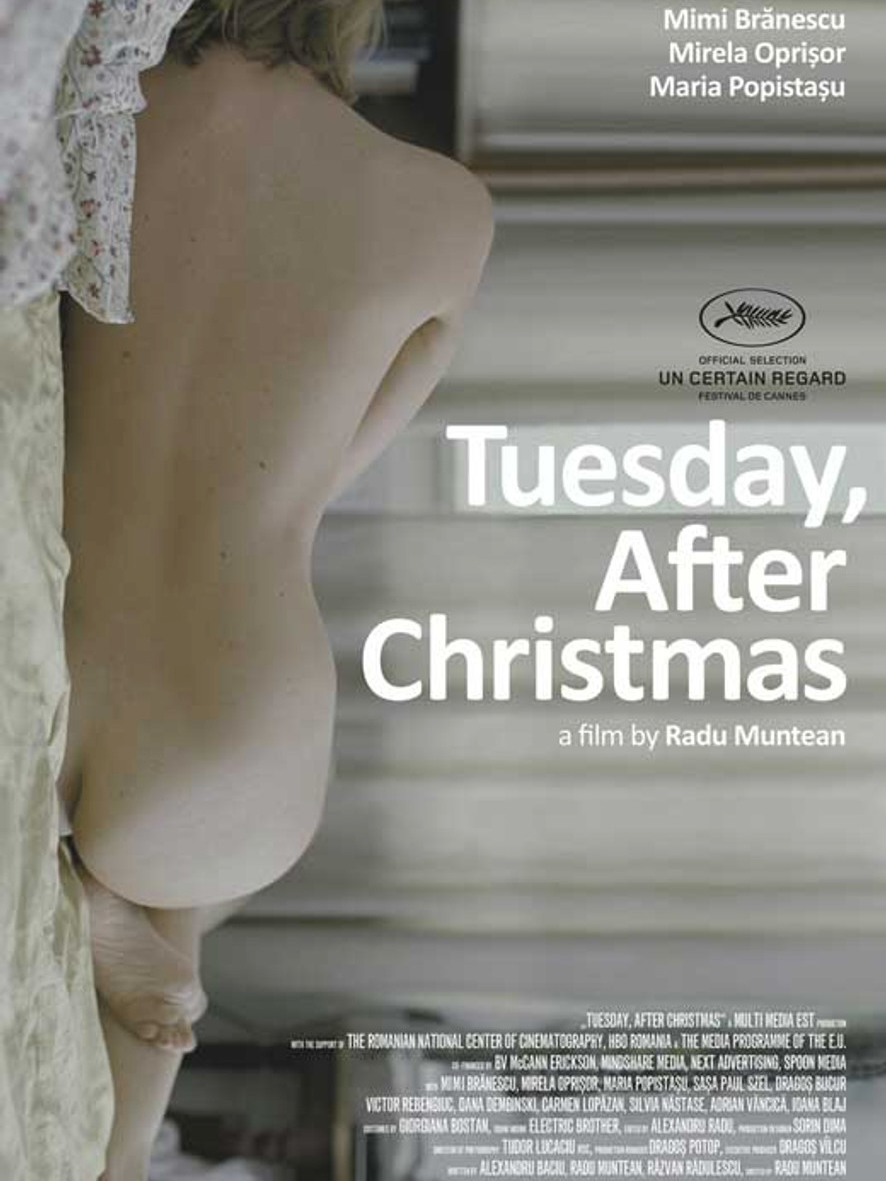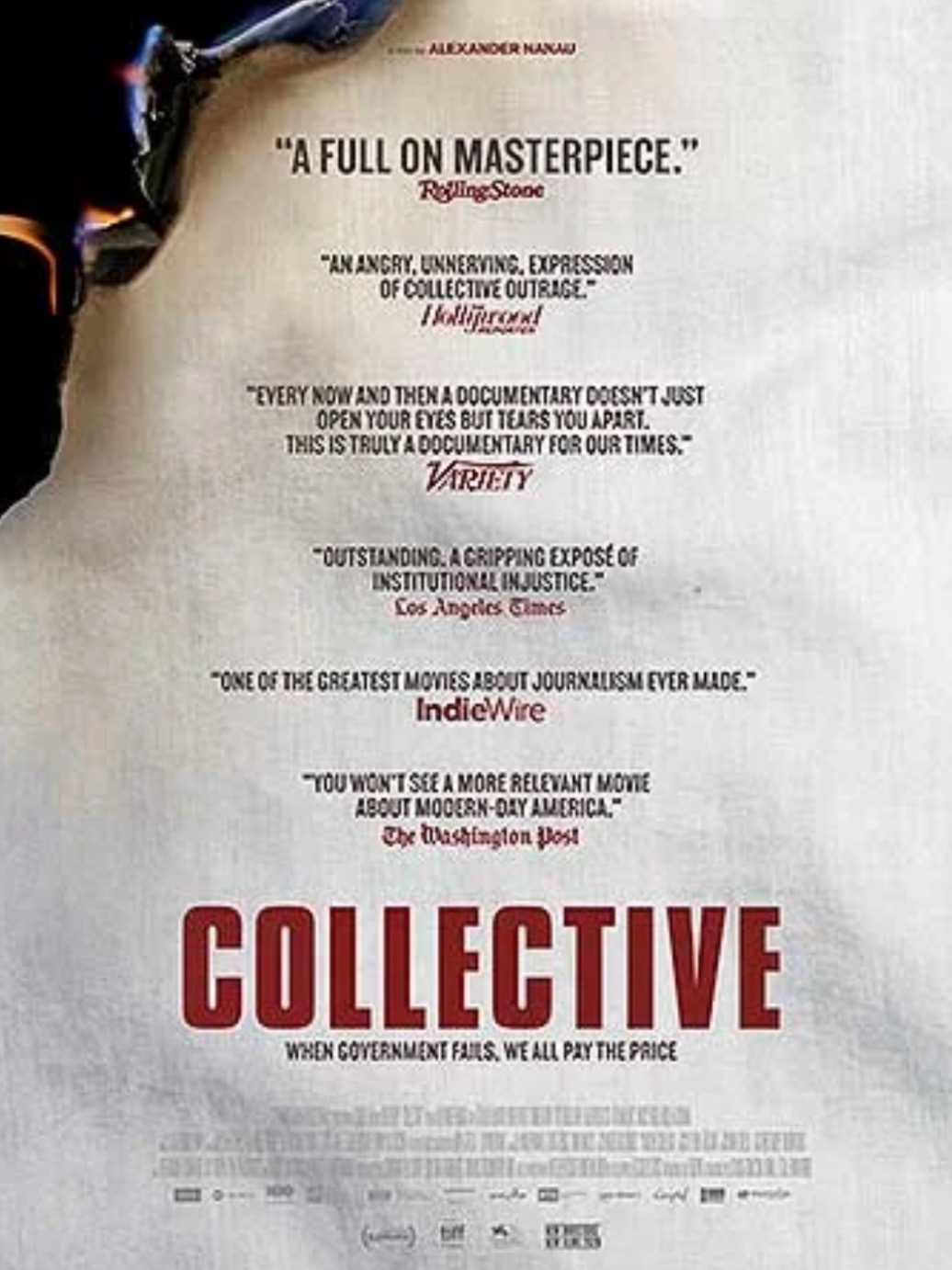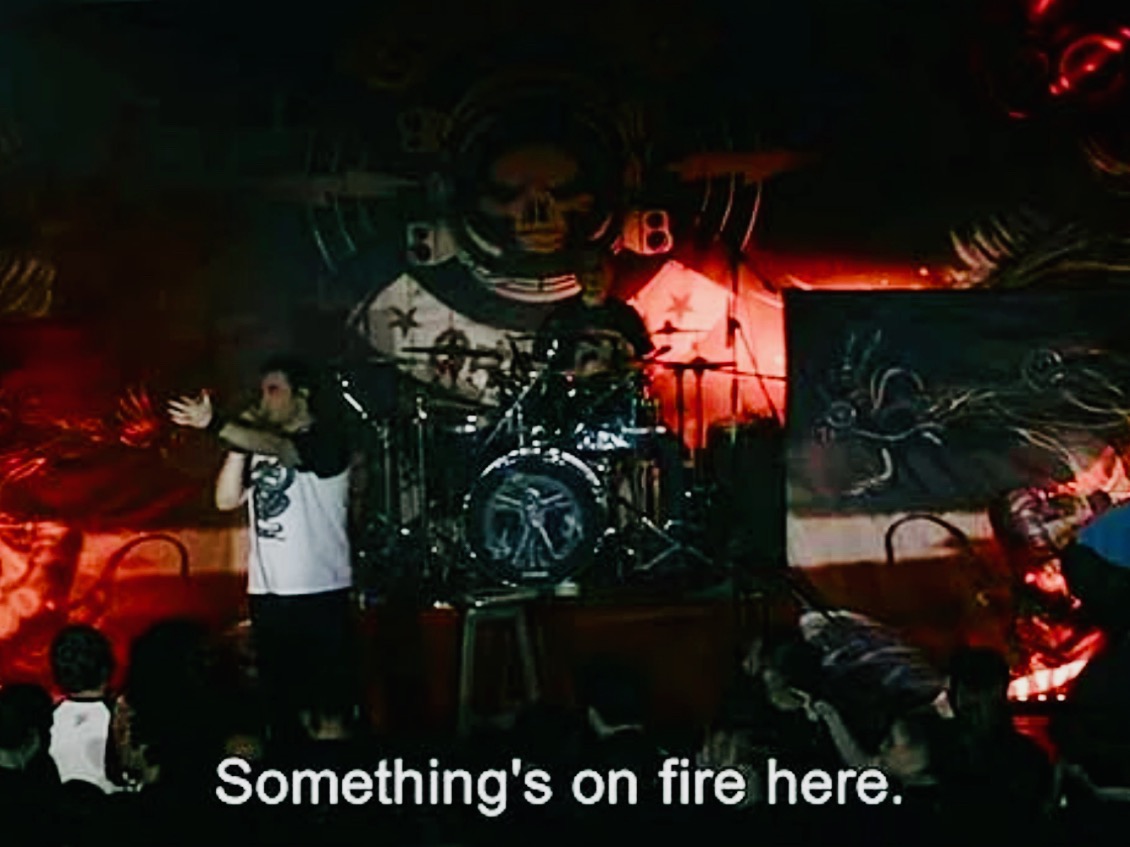In past decades, Central and Eastern Europe had often served as fertile ground for brilliant cinema. In the 1960s, Czech and Polish directors like Miloš Forman, Krzysztof Kieślowski and many others drew on pathos and humor to reveal the larger human truths about life behind the Iron Curtain. After the 1989 fall of communism, though, filmmakers in these countries sometimes struggled to find a coherent voice to articulate the new political and economic realities.
Starting in the early 2000s, ground-breaking Romanian directors like Cristi Puiu and Cristian Mungiu stepped in to fill the void and began making films that consciously embraced the bleak physical and moral landscapes left over from the brutal, communist-era Ceauşescu dictatorship. They crafted deceptively simple yet intricate stories involving everyday Romanians who somehow found themselves caught up in the country’s rapid, inconsistent post-communist transformation process. The films tell not just highly entertaining yarns, filled with drama and comedic moments, but reveal a shady overlap between the new realities and the surviving structures and attitudes of the old regime.
Director Cristi Puiu is considered the father of the “New Wave.” His early film “Stuff and Dough” (2001), a road-trip movie where three likable young people find themselves working for an organized crime ring, set a low-key, gritty visual aesthetic that survives to this day. Puiu’s “Death of Mr Lăzărescu,” in 2005, tenderly revealed the inequities of the country’s dysfunctional health-care system. Puiu went on to win a prize at Cannes for young and upcoming directors.
In 2007, Mungiu’s film, “4 Months, 3 Weeks and 2 Days” became an international smash. Set in Ceauşescu-era Romania in the 1980s, the film exposed the regime’s hypocrisy for espousing family values while at the same time pushing vulnerable, pregnant women into the highly risky world of backstreet abortions. What elevated the film into art was its deft focus on the fraying friendship between the two women, portrayed with sensitivity and humor. It won the Palme d’Or at Cannes that year for best film.
Mungiu has since followed up with a series of excellent, unsparing movies, including “Beyond the Hills” (2012), “Graduation” (2016) and “R.M.N” (2022). Graduation may be Mungiu’s most accomplished work -- the story of a father’s overriding desire for his daughter to study abroad and the problems this inevitably causes. Here, Mungiu grapples with a bigger philosophical question of what constitutes success in life: what you achieve or how you got there in the first place?
Other highly accomplished directors working in this style include Corneliu Porumboiu, Radu Muntean, Radu Jude, Ana Lungu, Adina Pintilie and Călin Peter Netzer, among many more. While these filmmakers would certainly push back on any notion they’re part of some cohesive group, they all employ similar techniques to achieve a feeling of objectivity or authenticity in their movies. These techniques include using long camera takes and unhurried dialogue to engender a sense of voyeurism in the viewer. The settings are often uncommonly bleak to heighten the feeling of realism or to maintain focus on the characters and their stories.
It would be impossible to list all the best films, but some to look for on streaming services or to download include: “Police, Adjective” (Corneliu Porumboiu, 2009), "Sieranevada" (Cristi Puiu, 2016), “Tuesday, after Christmas” (Radu Muntean, 2010), “California Dreaming” (Cristian Nemescu, 2007), “Child’s Pose” (Călin Peter Netzer, 2013), “Bad Luck Banging or Loony Porn” (Radu Jude, 2021) and “Touch Me Not” (Adina Pintilie, 2018).
As the new wave has as evolved, filmmakers have embraced a wider range of themes and topics. Director Radu Jude made his debut in 2009 with a classic, bittersweet comedy, “The Happiest Girl in the World.” In that film, a small-town girl wins a car in a contest run by a soft-drink company and things don’t exactly follow according to plan. In more recent years, he’s branched out to more serious subjects, including his controversial, “I Do Not Care If We Go Down in History as Barbarians,” in 2018. That film touched on a third rail of Romanian public discourse, focusing on the country’s role in the Holocaust – as an enthusiastic ally of Nazi Germany – during the 1941 massacre in Odessa. Tens of thousands of people, mostly Jews, died in the massacre.
Mungiu’s most recent-film, “R.M.N.” deftly confronts the thorny issue of immigration and the rise of populism as residents of a small Transylvanian town protest plans by a local bread company to bring in guest-workers from Sri Lanka. Mungiu chose to set the film in a part of country with significant populations of ethnic Hungarians, and touches on another taboo subject: the often-fragile, fraught relationship between ethnic Romanians and Hungarians.
Romania’s best-known film in recent years, the documentary “Collective” (2019), is not strictly part of the new wave but nevertheless shares much in common thematically with those films – including a fierce examination of official corruption that traces its roots back to the Ceauşescu era. Collective uses a tragic 2015 Bucharest nightclub fire that led to the deaths of more than 60 people as the starting point to expose corrupt practices at all levels. A crack group of investigative journalists look into the fact that 38 survivors of the fire went on to die in the hospital and uncovers a high-level, mob-run scheme to supply hospitals with diluted disinfectants.
The film garnered two Academy Award nominations – for best documentary and best international feature – but didn’t win for either category. Whatever, it’s arguably one of the most engaging documentary films of recent years.
This essay was written to be part of the newly revised 'Lonely Planet Guide to Romania & Bulgaria,' which due out later this year. To order a copy or find out more information, click here.
